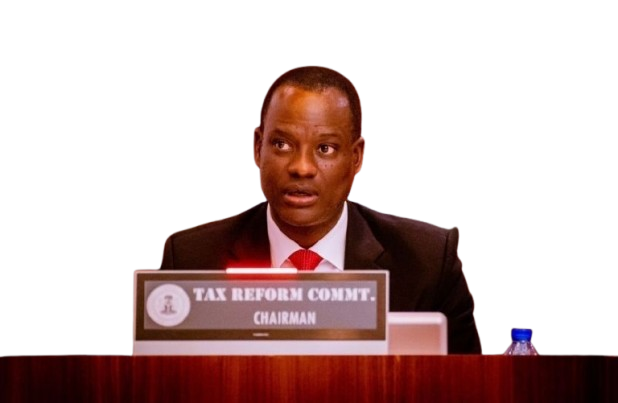Paragraph 1: The Dawn of Economic Reforms and Initial Positive Signals
Nigeria, under the leadership of President Bola Tinubu, has embarked on a path of significant economic reforms aimed at addressing long-standing structural imbalances and fostering sustainable growth. A key architect of these reforms, Taiwo Oyedele, Chairman of the Presidential Committee on Fiscal Policy and Tax Reforms, has expressed optimism about the early outcomes. Speaking at a public forum, Oyedele asserted that the reforms, though initially painful for many Nigerians, are beginning to yield positive results. He emphasized that the removal of petrol subsidies, a politically sensitive but economically crucial decision, marked a turning point in the country’s economic trajectory. This bold move, according to Oyedele, has unveiled the true state of the Nigerian economy, previously masked by artificial price controls and a suppressed exchange rate.
Paragraph 2: Unveiling the Masked Reality of the Nigerian Economy
Oyedele argued that the previous system of subsidized petrol prices and a manipulated exchange rate created a false sense of economic stability. He pointed out that the official exchange rate of N450 per dollar did not reflect the true market value, and the artificially low petrol prices were unsustainable. This artificiality, he explained, obscured the underlying economic weaknesses and prevented the implementation of necessary corrective measures. The removal of subsidies, while leading to short-term price hikes, is seen as a necessary step towards establishing a more realistic and sustainable economic foundation. By exposing the true cost of fuel and allowing market forces to determine the exchange rate, the government aims to create a more transparent and efficient economy.
Paragraph 3: The Precarious State of Public Finances and the Burden of Debt
Oyedele painted a stark picture of the pre-reform Nigerian economy, highlighting the unsustainable reliance on borrowing to finance government operations. He revealed that virtually all government revenue was consumed by debt servicing, leaving little room for essential expenditures such as salaries, infrastructure development, and security. This precarious fiscal situation, he warned, mirrored the economic crises experienced by countries like Sri Lanka and Venezuela, where unsustainable debt levels led to economic collapse and social unrest. The continuous cycle of borrowing to service existing debt, without addressing the underlying structural issues, had placed Nigeria on a dangerous path towards financial instability.
Paragraph 4: The Perils of Excessive Money Printing and the Invisible Hand of Monetary Policy
Further exacerbating the economic challenges, according to Oyedele, was the excessive printing of money, estimated at close to N40 trillion plus interest. This expansionary monetary policy, while intended to stimulate economic activity, fueled inflation and eroded the purchasing power of the Naira. Oyedele emphasized the crucial link between monetary policy and inflation, stressing that the "invisible controls the visible." He argued that the intangible nature of monetary policy often leads to a lack of public understanding of its profound impact on the tangible aspects of the economy, such as prices of goods and services.
Paragraph 5: Navigating the Challenges of Reform and Fostering a Positive National Narrative
Acknowledging the hardship faced by Nigerians due to the rising cost of living, Oyedele urged patience and a positive outlook. He maintained that the fundamental problem lies not with Nigeria itself, but with the way it has been governed. Drawing a parallel with the challenges faced by other nations, he urged Nigerians to embrace a more optimistic narrative about their country’s potential. He encouraged a shift in perspective, from lamenting the nation’s problems to actively working towards solutions and fostering a sense of collective responsibility for building a better future.
Paragraph 6: Public Reaction to Reforms and the Path Ahead
President Tinubu’s economic reforms, including the removal of fuel subsidies and the introduction of new tax measures, have elicited mixed reactions from the public. While some acknowledge the long-term benefits of these reforms, many Nigerians are struggling to cope with the immediate increase in the cost of living. The government faces the challenge of mitigating the short-term pain while simultaneously communicating the long-term vision of a more stable and prosperous Nigerian economy. The success of these reforms will ultimately depend on the government’s ability to effectively manage public expectations, ensure equitable distribution of the benefits of economic growth, and build public trust in the reform process.


